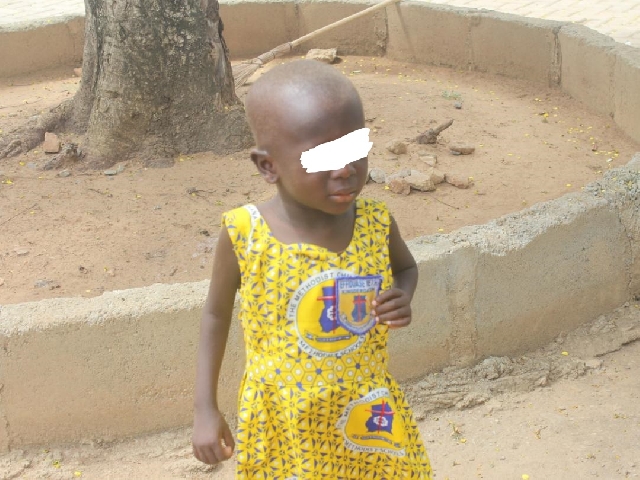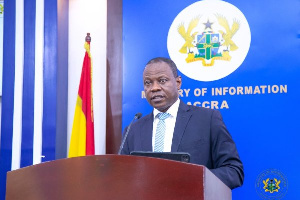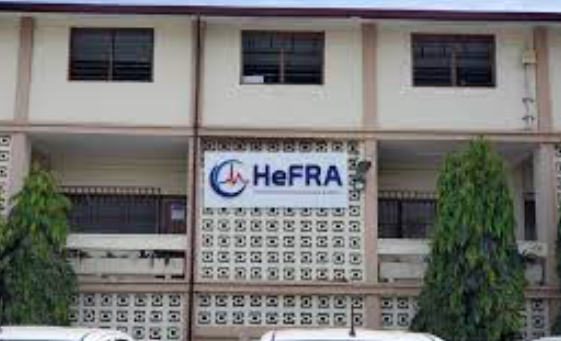Why Malaria Remains Ghana’s Persistent Health Challenge

Malaria continues to be one of the most pressing public health concerns in Ghana, despite decades of intervention and progress in reducing its impact. According to the Ghana Health Service (GHS), malaria remains a leading cause of outpatient attendance, hospital admissions, and deaths, particularly among children under five and pregnant women. In 2023 alone, over 5.7 million suspected cases were recorded in health facilities across the country.
So, why does malaria persist as a major health challenge in Ghana, even in an era of improved medical knowledge and technology? The answer lies in a complex interplay of environmental, socio-economic, and systemic factors that require coordinated and sustained action.
1. Favorable Environmental Conditions for Mosquito Breeding
Ghana’s tropical climate provides an ideal breeding ground for Anopheles mosquitoes—the primary vectors of malaria. The country experiences two rainy seasons in most regions, leading to the accumulation of stagnant water in open drains, potholes, and containers around homes. These pools of water create perfect breeding sites for mosquitoes.
Rapid urbanization without adequate sanitation and drainage systems exacerbates the situation. In many urban slums and rural areas, waste management and water control are ineffective or absent, increasing exposure to mosquito bites and, consequently, the transmission of malaria.
2. Inconsistent Use of Preventive Measures
Despite the widespread availability of preventive tools like insecticide-treated nets (ITNs) and indoor residual spraying (IRS), usage remains inconsistent. Many households either do not use the nets provided or use them improperly.
Common reasons for non-use include:
-
Heat and discomfort while sleeping under nets
-
Perceived low risk of malaria
-
Misinformation about the effectiveness or safety of ITNs
Efforts to distribute nets are often undermined by low behavioral change communication strategies. For example, receiving a net is one thing, but ensuring that households understand and appreciate its correct usage is another challenge entirely.
3. Resistance to Anti-Malarial Drugs and Insecticides
Another growing concern is the emergence of resistance. The Plasmodium falciparum parasite, responsible for most malaria cases in Ghana, has shown signs of resistance to certain antimalarial drugs in some regions. Additionally, mosquitoes are increasingly developing resistance to commonly used insecticides, making vector control more difficult and less effective over time.
This trend threatens to reverse the gains made in malaria control unless new drugs and insecticides are developed and rolled out swiftly—an expensive and logistically challenging task.
4. Limited Access to Quality Healthcare in Rural Areas
Many rural communities in Ghana still lack reliable access to health facilities or trained healthcare personnel. In such areas, people may delay seeking treatment, opt for self-medication, or rely on herbal remedies that are not scientifically proven. Delayed diagnosis and treatment allow the disease to progress to severe stages, increasing the risk of death and long-term complications.
Additionally, inadequate diagnostic infrastructure, such as Rapid Diagnostic Tests (RDTs) and functional laboratories, means some cases go undiagnosed or misdiagnosed.
5. Socio-Economic Factors and Poverty
Malaria disproportionately affects the poor, who are more likely to live in mosquito-prone environments, have limited access to preventive tools, and lack the financial means to seek timely healthcare. The economic burden of malaria is immense: households spend significant amounts on treatment and lose income due to missed work or school days.
Moreover, malaria creates a vicious cycle—poverty increases vulnerability to the disease, and the disease, in turn, deepens poverty. In agricultural communities, seasonal outbreaks can significantly reduce productivity, affecting national food security and economic growth.
6. Weak Surveillance and Data Systems
Effective disease control relies on accurate, real-time data to monitor transmission patterns and guide interventions. Ghana has made progress in health data collection, but challenges remain in data quality, completeness, and timely reporting—especially at the community level.
In some districts, cases are underreported due to reliance on informal health providers or unreported home treatments. This weakens national efforts to track outbreaks, allocate resources efficiently, and evaluate the impact of control strategies.
7. Gaps in Community Engagement and Education
Public awareness campaigns have helped reduce malaria incidence, but knowledge gaps persist. In many communities, myths and misconceptions about the disease and its prevention continue to circulate.
Community engagement is crucial—not just during mass campaigns or World Malaria Day, but as a consistent, grassroots effort involving local leaders, schools, and media. Without informed and empowered communities, behavior change is difficult to sustain.
8. Dependence on Donor Funding
Many malaria control programs in Ghana are heavily reliant on international funding from organizations like the Global Fund, USAID, and WHO. While this support is invaluable, overdependence poses sustainability risks. Any reduction or withdrawal of donor support could significantly disrupt national malaria control efforts.
A stronger commitment to domestic resource mobilization and integration of malaria interventions into the broader national health system is necessary for long-term resilience.
The Way Forward
While malaria remains a formidable challenge, it is not insurmountable. Ghana’s Ministry of Health and partners have outlined ambitious goals to eliminate malaria in the long term. To make this a reality, several strategies must be prioritized:
-
Strengthening health systems to improve diagnosis, treatment, and surveillance
-
Investing in research and innovation, such as malaria vaccines, next-generation insecticides, and new drug therapies
-
Scaling up education campaigns to promote consistent use of ITNs and prompt treatment-seeking behavior
-
Improving environmental sanitation through collaboration with local governments and communities
-
Increasing domestic financing to reduce reliance on external donors
Malaria is not just a health issue—it is a socio-economic and developmental challenge. Despite the strides made over the years, the disease continues to thrive due to a mix of environmental, systemic, and behavioral factors.
To defeat malaria, Ghana must adopt a multi-sectoral, all-hands-on-deck approach that combines science, community participation, and political will. Only then can the vision of a malaria-free Ghana become more than just a hope—it can become a reality.
Source: Thepressradio.com| Ogyem Solomon





